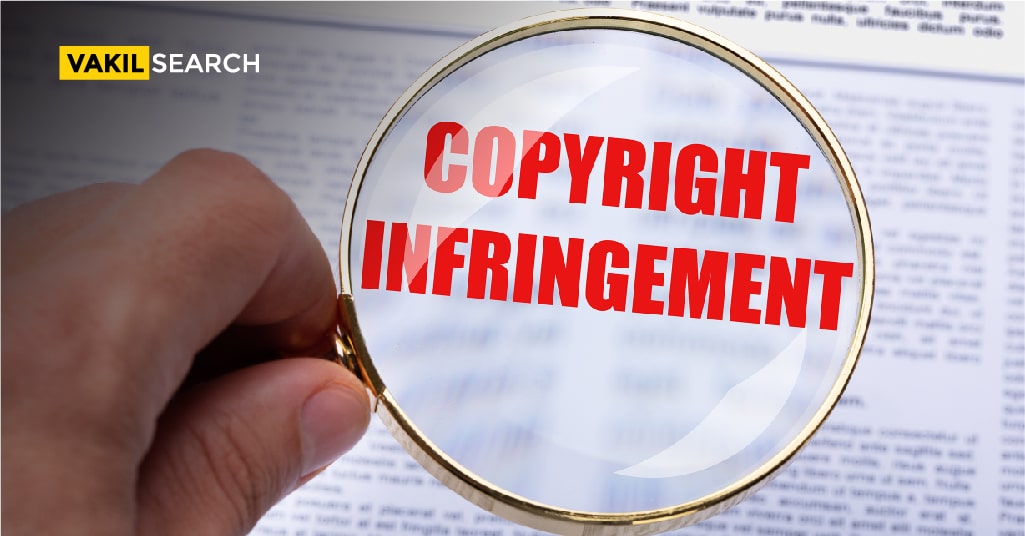The increasing use of digital technology has fundamentally changed how we make, consume, and share creative works and poses serious problems for the copyright regulations that were put in place during the analogue period.
Impact of Digital Technology On Copyright Law
The digital age has revolutionised the way creative works are produced, distributed, and consumed. Digital technology has made it easier to create, copy, and distribute digital content, leading to an increase in the incidence of copyright infringement. To address this issue, copyright law has undergone significant changes to adapt to the digital age. The Digital Millennium Copyright Act (DMCA) is an example of legislation that was enacted to address digital copyright infringement.
However, the impact of digital technology on copyright law has not been all positive. Digital technology has made it difficult to enforce copyright law, and copyright owners have struggled to keep up with the pace of technological change. Additionally, digital technology has challenged the traditional notions of copyright, such as fair use and the first sale doctrine.
Issues in the Digital Era With Copyright Act
The digital era has presented copyright law with a number of difficulties. The ease with which digital content can be duplicated and spread is one of the main problems. As a result, copyright violations and internet piracy are on the rise. Additionally, it has been challenging to enforce copyright laws across several jurisdictions due to the global nature of the internet.
The ambiguity surrounding the use of digital content is another problem. Knowing who owns the copyright to a given work can be difficult in the age of user-generated content and social media platforms. As a result, there have been several legal disputes regarding copyright ownership and infringement.
Digital Technology: An Impetus to Change
Despite the challenges posed by digital technology, it also provides solutions to detect and prevent copyright infringement. Technological advancements have made it easier to identify and remove infringing content from the internet. Tools such as digital fingerprinting and watermarking can help copyright owners detect and track the use of their content online.
Additionally, technology can be used to prevent copyright infringement. Digital rights management (DRM) technologies are designed to prevent unauthorised copying and distribution of digital content. However, DRM has been criticised for being too restrictive and limiting fair use.
History of Technological Advancement and Hindrance to Copyright Law
Technological advancements have been both a blessing and a curse for copyright law. On the one hand, technology has made it easier to create and distribute creative works. On the other hand, technology has made it easier to copy and distribute copyrighted content without permission.
The introduction of the printing press in the 15th century posed significant challenges to copyright law. Similarly, the advent of digital technology in the 20th century has had a profound impact on copyright law. However, copyright law has been slow to adapt to these changes, leading to challenges in enforcing copyright law in the digital era.
Failures of the Copyright Law in the Existing Regime
The existing copyright regime has failed to keep up with the pace of technological change. Copyright law was designed for the analogue era and has struggled to adapt to the digital age. Additionally, copyright law is often criticised for being too restrictive and limiting creativity and innovation.
Furthermore, the complexity of copyright law has made it difficult for users to determine what is permissible under the law. This has led to confusion and uncertainty, particularly in the digital era.
Click Here to know more about the Infringement of Copyright
Conclusion
In the digital age, technology is a crucial tool for detecting and preventing copyright infringement. Although it has its limitations, technology can be a useful tool for copyright protection, and copyright law must continue to develop in order to keep up with technological advancement. Digital technology presents some difficulties, but they are not insurmountable, and with the appropriate strategy, it is feasible to strike a balance between preserving copyright and encouraging innovation and creativity in the modern era. For more queries, contact the Vakilsearch experts and get a proper understanding on the topic.
FAQs On Detect and Prevent Copyright Infringement
Technology can be used to detect and prevent copyright infringement in several ways. Digital fingerprinting and watermarking are two common technologies used to identify and track the use of copyrighted content online. These technologies create a unique digital identifier for each piece of content, making it easier to track and monitor its use.
While technology can be an effective tool for detecting and preventing copyright infringement, it has its limitations. One of the main limitations is that technology is only as good as the algorithms and databases used to identify infringing content. If these databases are incomplete or inaccurate, legitimate content may be flagged as infringing.
The Internet and social media have had a significant impact on copyright law. The ease with which digital content can be shared has led to an increase in online piracy and copyright infringement. Additionally, social media platforms have made it easier for users to create and share user-generated content, raising questions about who owns the copyright to these works. How can technology be used to detect and prevent copyright infringement?
What are the limitations of using technology to detect and prevent copyright infringement?
How have the internet and social media impacted copyright law?
Also, Read;



